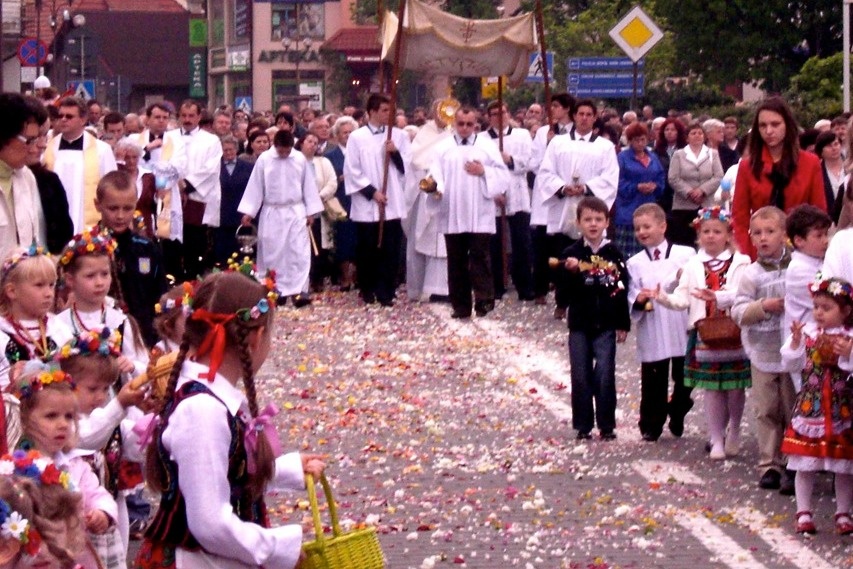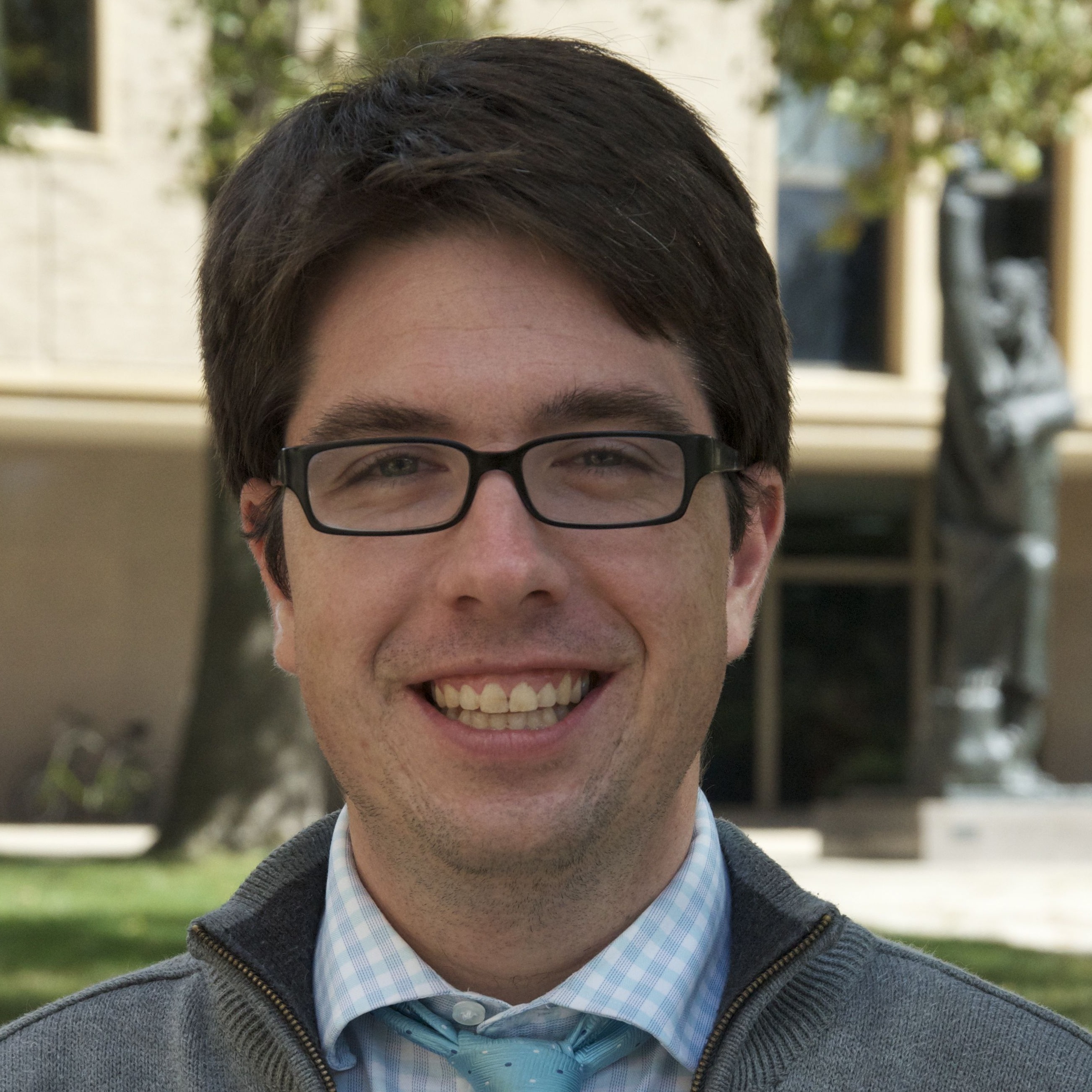In late medieval culture, the feast of Corpus Christi was an occasion for a carnival-esque celebration. Plays were performed throughout the city, remembering the entirety of salvation history. Processions unfolded upon beds of roses, as prince and pauper alike praised the sacrament of the Eucharist.
Why was this feast so important that it merited this degree of festivity? After all, in some ways, it’s strange to celebrate a feast for the Sacrament of the Eucharist. Isn’t every Sunday a celebration of Christ’s Body and Blood? Can we not feast upon God’s flesh and blood every day in our parish?
Yet setting aside a feast for Corpus Christi enables us to meditate upon the sublime gift of the Eucharist. Already in the Old Testament, we see this sacrament prefigured in Melchizedek’s offering of bread and wine: “Blessed be Abram by God Most High, the creator of heaven and earth; and blessed be God Most High, who delivered your foes into your hand” (Gen 14:19–20). A sacrifice of thanksgiving for God’s victory over his enemies is offered by this mysterious king and priest through bread and wine.
We Christians experience a similar sacrifice of thanksgiving offering at the hands of our victorious king and priest, the risen Lord, who gives to us his Body and Blood through the signs of bread and wine. On the night before Jesus died, on the night before sin and death would be conquered through the great Pasch of Christ, he “took bread, and after he had given thanks, broke it and said, ‘This is my body that is for you. Do this in remembrance of me.” (1 Cor 11:23–24).
The Eucharist is not simply a meal. It is the great feast where Christ’s sacrifice becomes present to us once again. To remember in the Scriptures is to make present once again God’s saving reality. The risen Lord presides over this Eucharistic supper and feeds us with himself, with God’s very life. This is the new covenant, sealed in the blood of self-giving love. It is renewed every Sunday when we eat and drink at the Supper of the Lamb.
This eating and drinking is also directed toward the formation of the Church into a communion of love. In the Gospel of Luke, we discover a foreshadowing of the Last Supper, when Jesus in the wilderness multiples broad and fish, miraculously feeding the crowds. But, this miracle does not simply look forward to the Eucharist but back to the feeding of Israel in the desert with manna from above in the Book of Exodus. Israel understood this divine feeding as essential to her formation as God’s beloved people. To eat and drink with God in the desert is to become part of the new Israel. Jesus brings the crowds into this new covenant of love, into this heavenly supper that will never end.
So too at every Mass, we are not simply individually fed by Christ’s Body and Blood. Rather, we are formed once again into a union of love, which is the heart of the Church. We become the love that we have received in Christ’s Body and Blood. Out of this love, we are meant to give the entirety of our lives over to God as a sacrifice of praise and thanksgiving.
Thus, the feast of Corpus Christi is an occasion for us to praise the wondrous gift of the Eucharist. Every Sunday, we refresh ourselves with the bread of angels. With Thomas Aquinas, on this great feast, we pray: “Very bread, good shepherd, tend us,/Jesus, of your love befriend us,/You refresh us, you defend us,/Your eternal goodness send us/In the land of life to see” (Lauda Sion). May the Eucharist give us a foretaste of a world transfigured in divine love.
![]()
This article originally appeared in Our Sunday Visitor: Newsweekly on May 18, 2016 and is reproduced here with the permission of the publisher.
Featured Photo: Corpus Christi Procession, Main Street of Dobczyce (Poland); Marcin Bajer; CC BY-NC 2.0.



